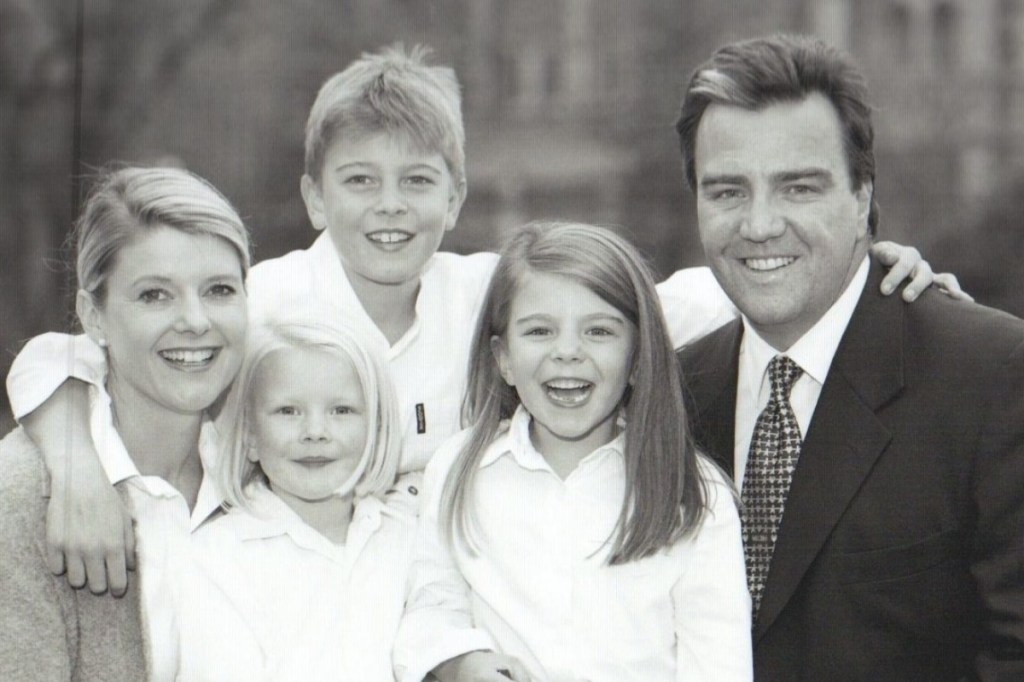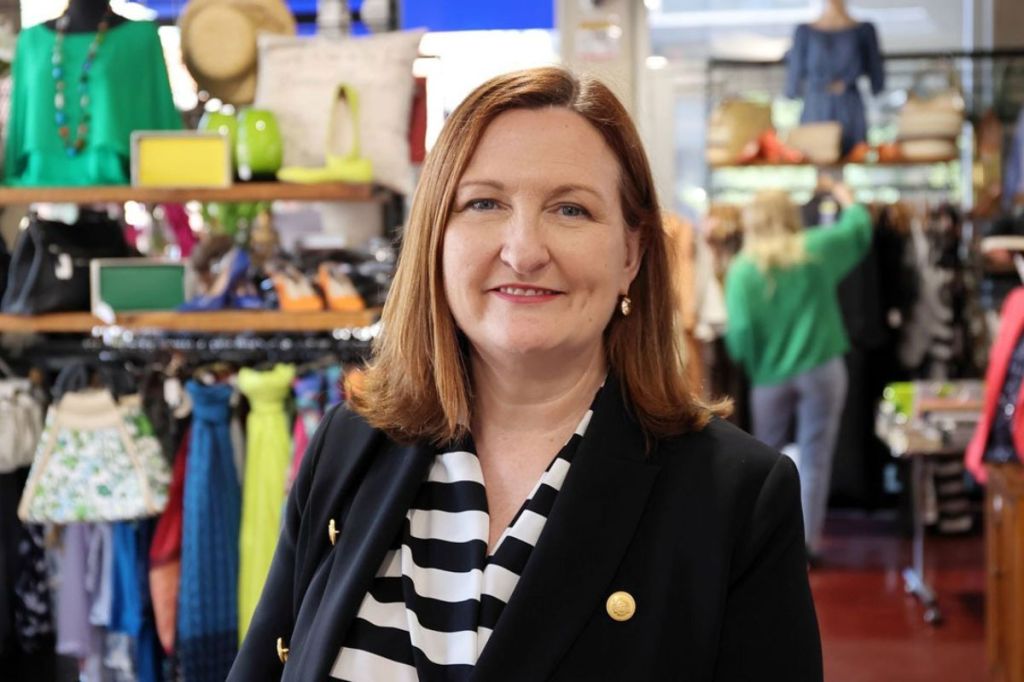Law change to empower organ donor families
New legislative changes in South Australia mean families of people who have donated organs or tissue can confidently share their stories publicly without breaking a curiously drafted law.

Oren Klemich reckons he’s broken the law about eight times per year for the last 16 years.
He’s been a proud advocate for organ donation ever since his son, Jack Klemich, tragically passed away in 2009 from meningococcal disease.
Jack – a bright, young footy star who played for the St Peter’s College First 18 – died when he was in Year 12 from the uncommon disease.
“He played footy on the Saturday, had a headache Sunday, was rushed to hospital Sunday night and died on the Monday,” recalls Oren.
“They just couldn’t figure out what was wrong with him and by the time they figured out that it was possibly meningococcal it was just too late. They couldn’t kill the bug to stop the brain swelling.”
Jack was declared brain dead but his body was kept alive by a respirator. Oren recalls the grief he felt, and being hit with “that terrible question”.
“Would you please consider donating his organs?”
You might like
Jack was a registered organ donor. Oren remembers when, just months prior, his son was filling out his details to apply for a driver’s licence.
“And the last question was: would you like to register as an organ donor? And he said to his mum: ‘What’s organ donation?’,” Oren said.
“She just said: ‘Look, if something horrible happens to you and you die then the doctors can give your organs to other people that need them.’ He said: ‘Sick.’
“He was registered, and we had no hesitation in consenting to that.”
Jack – a perfectly healthy teenager – ended up donating five organs to four recipients, three of whom are still alive today.

Jack Klemich playing footy just days before he passed in 2009. Photo: Supplied
Ever since, Oren and his wife Gill have proudly advocated for organ donation and vaccination against Meningococcal B and told their son’s story publicly, something that – until this month – was illegal.
Newly proclaimed changes to the Transplantation and Anatomy Act 1983 provide legal clarity for families who want to speak about their experiences and honour their loved ones who donated organs.
Stay informed, daily
The bill aimed to protect identifying information about a donor or recipient from becoming publicly known. Still, the legislation did not allow for consent to be provided on behalf of a deceased person.
As such, families of deceased donors believed they were in breach of the legislation for sharing stories or raising awareness about organ and tissue donation.
In parliament last year, Health Minister Chris Picton said the amendments “clarify that restrictions on the disclosure of information will apply only to persons involved in an activity, function or service relating to the removal of tissues, body donation, and post-mortem examinations, and will allow for a next of kin or personal legal representative (or a parent or guardian in the case of a child) to consent to the disclosure of information on behalf of a deceased donor or recipient.”
“It is also proposed to modernise the legislation by updating the language and providing for the delegation of ministerial powers or duties,” Picton said.
The new version of the bill was drafted following community consultation, with more than 80 submissions received. The new law continues to protect the right of donors, transplant recipients and families to remain anonymous.
Picton said the amendments ensure that families of deceased donors are not restricted in speaking publicly about their loved one’s donation.
Chief Public Health Officer Professor Nicola Spurrier said the feedback from the community “helped confirm that this was a sensible and compassionate change to make”.
“This change gives peace of mind to families that they will not be at risk of breaching the legislation by sharing their own stories,” she said.
Picton added that stories from donor families “continue to contribute to saving the lives of others by encouraging registration for organ donation”.
“We know that sharing these stories encourages other people to register as organ donors and become potential future life savers,” he said.
Oren acknowledged that it was unlikely he would ever go to jail for speaking publicly about his son’s donation, but it was “lovely that I can openly talk about Jack’s story”.
“I can promote organ donation to anyone that wants to listen or anyone who asks us to speak and not be in breach of the legislation,” he said.








